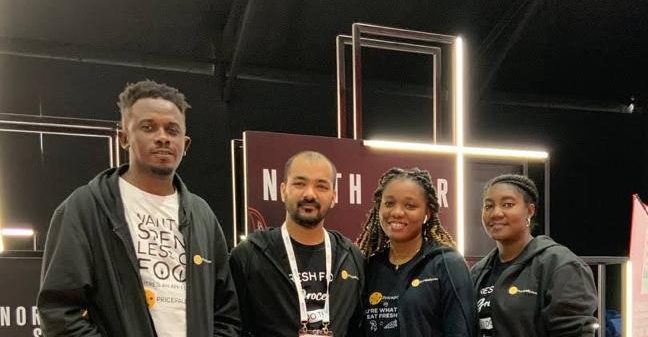The Evolution of OpenAI’s Board: A Story of Shifts and Conflicts
OpenAI’s board has undergone significant changes over the years, with recent departures and ideological overlaps raising questions about governance and potential conflicts of interest. Here’s a closer look at the key events and players shaping its history.
Key Takeaways:
- Recent Departures: Three board members left earlier this year without immediate replacements.
- Competing Interests: Adam D’Angelo, a current board member, runs Poe, an AI chatbot platform that both leverages and competes with OpenAI’s products.
- Ideological Ties: Two members, Tasha McCauley and Helen Toner, have connections to Open Philanthropy, a grantmaking foundation with ties to effective altruism.
A Timeline of OpenAI’s Board Changes
2015–2017: The Early Days
- December 2015: OpenAI’s board consisted of just two co-chairs—Elon Musk and Sam Altman.
- March 2017: The board expanded to include Chris Clark (OpenAI’s first COO) and Holden Karnofsky, founder of Open Philanthropy.
2017–2019: Expansion and Turmoil
- Late 2017: Greg Brockman (ex-president) and Ilya Sutskever (chief scientist) joined the board.
- 2018: Elon Musk departed amid reported leadership disagreements, followed by Chris Clark’s unannounced exit.
- 2018–2019: New additions included Adam D’Angelo, LinkedIn founder Reid Hoffman, and tech entrepreneur Tasha McCauley.
2021–2023: New Faces and Resignations
- 2021: Will Hurd (former U.S. Congressman) and Helen Toner (Georgetown researcher) joined, while Karnofsky resigned citing a conflict of interest (his wife co-founded Anthropic, an OpenAI compe*****).
- 2023: Hoffman, Shivon Zilis, and Hurd stepped down, leaving six members before Altman and Brockman’s recent exits.
Conflicts and Controversies
Adam D’Angelo’s Dual Role
- As CEO of Quora and founder of Poe, D’Angelo’s platform competes with OpenAI’s GPT Studio, raising questions about impartiality.
Ideological Overlaps
- McCauley and Toner both have ties to Open Philanthropy and serve on the advisory board of the Center for the Governance of AI (GovAI), which receives funding from the same organization.
- Anthropic, a rival AI firm, is also backed by Open Philanthropy, hinting at potential ideological or corporate conflicts.
What’s Next for OpenAI’s Governance?
The board’s frequent reshuffling and overlapping affiliations suggest deeper governance challenges. As the dust settles from recent upheavals, the tech world watches closely to see how these dynamics influenced OpenAI’s direction—and whether they played a role in the current crisis.
For further insights, explore John Loeber’s detailed timeline on OpenAI’s board history here.
📚 Featured Products & Recommendations
Discover our carefully selected products that complement this article’s topics:
🛍️ Featured Product 1: Bihui Tools 7 pcs Diamond Turbo Drill Set
 Image: Premium product showcase
Image: Premium product showcase
Premium quality bihui tools 7 pcs diamond turbo drill set designed for professional use with excellent performance and reliability.
Key Features:
- Premium materials and construction
- User-friendly design and operation
- Reliable performance in various conditions
- Comprehensive quality assurance
🔗 View Product Details & Purchase
💡 Need Help Choosing? Contact our expert team for personalized product recommendations!












